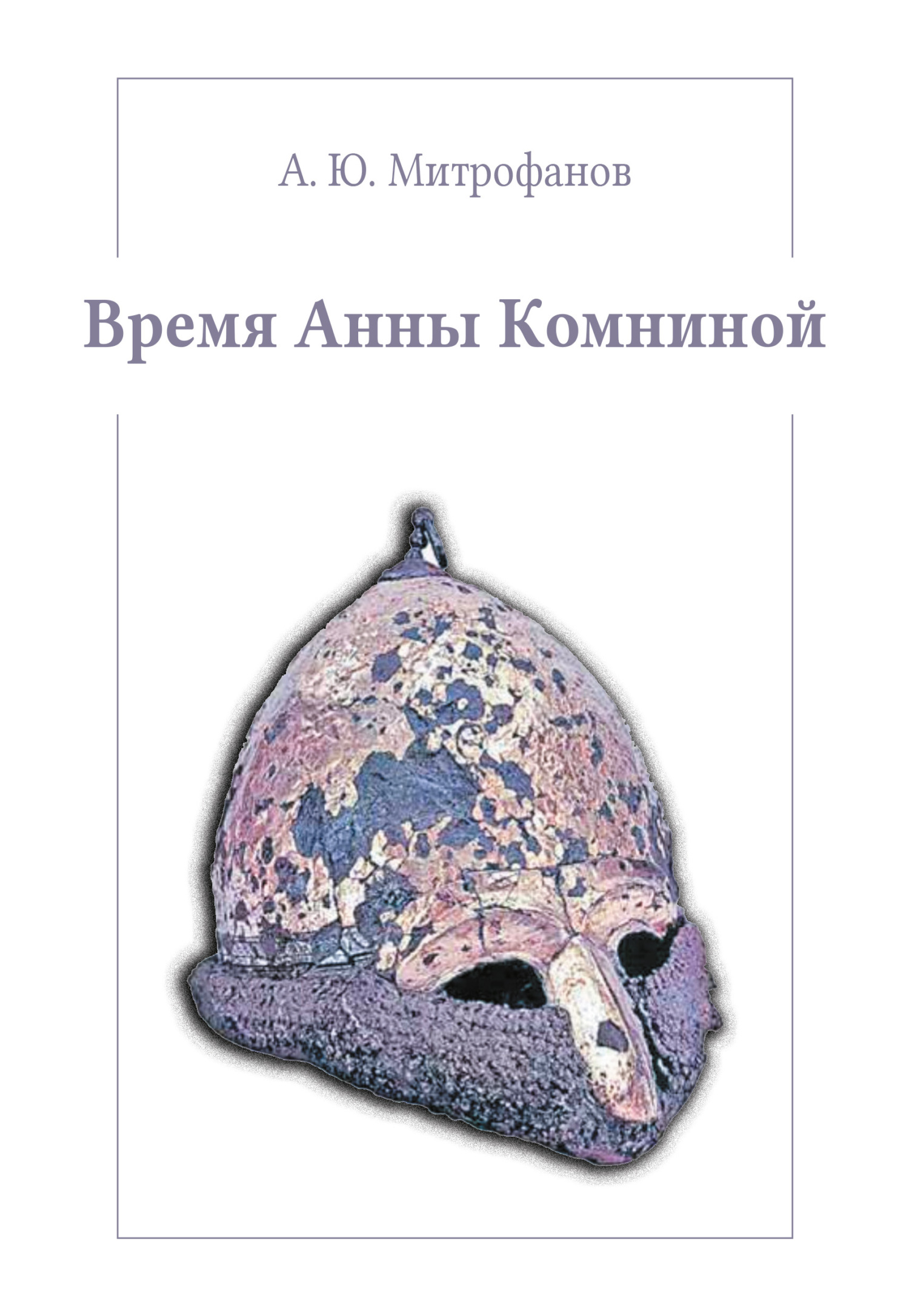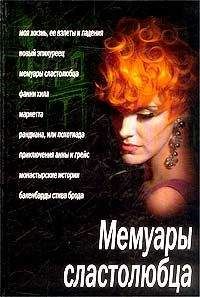class="p1">
D’Amato R. A Prôtospatharios, Magistros, and Strategos Autokrator of 11
th century: the equipment of Georgios Maniakes and his army according to the Skylitzes Matritensis miniatures and other artistic sources of the middle Byzantine period // Porphyra. 2005. № 4. P. 2–75.
D’Amato R., Rava G. The Varangian Guard 988–1453. Oxford, 2010. 48 p.
Davidson O. M. Persian/Iranian Epic // A Companion to Ancient Epic / Ed. by J. M. Foley. London, 2005. Р. 264–276.
Davidson O. M. The Poet Heritage of farr in the Shâhnâma // The Shâhnâma and the Continuity of the Iranian Tradition. Harvard University, 25–26 March 1999. Р. 1–21.
Davis D. Vis o Rāmin // Encyclopaedia Iranica Online Edition, 2005. URL: http://www.iranicaonline.org/articles/vis-o-ramin (дата обращения: 08.03.2021).
Debevoise N. C. A Political History of Parthia. Chicago, 1938. XLIII, 303 р.
Diehl C. Figures Byzantines. Paris, 1906. Vol. I; Paris, 1908. Vol. II.
Doudet E. Le Miroir de Jason: la Grèce ambiguë des écrivains bourguignons au XVe siècle // La Grèce antique sous le regard du Moyen Age occidental. Paris, 2005. P. 175–193.
Dyck A. R. Iliad and Alexiad: Anna Comnena’s Homeric Reminiscens // Greek, Roman and Byzantine Studies. 1986. Vol. 27. P. 113–120.
Frankopan P. Perception and Projections of Prejudice: Anna Comnena the Alexiad and the First Crusade // Gendering the Crusades / Ed. by B. S. Edgington, S. Lambert. New York: Columbia University Press, 2002. P. 59–76.
Frankopan P. The First Crusade: The Call from the East. Cambridge, MA: Belknap Press of Harvard University Press, 2012. XXIII, 262 p.
Garland L. Byzantine Empresses, Women and Power in Byzantium ad 527–1204. London, 2002. 343 p.
Garland L., Rapp S. Mary “of Alania”: Woman and Empress between two Worlds // Byzantine Women, Varieties of Experience, AD 800–1200. Aldershot, 2006. Р. 119–121.
Geanakoplos D. J. Emperor Michael Palaeologus and the West, 1258–1282: а Study in Byzantine-Latin Relations. Cambridge, Mass.: Harvard University Press; London: Oxford University Press, 1959. XIV, 434 р.
Gibbon E. The Decline and Fall of the Roman Empire. London, 1994. Vol. III.
Golden P. Some notes on the Avars and Rouran // The Steppe Lands and the World beyond them. Studies in honor of Victor Spinei on his 70th birthday. Iasi, 2013. P. 43–66.
Golden P. Some Thoughts on the Origins of the Turks and the Shaping of the Turkic Peoples // Contact and Exchange in the Ancient World / Ed. by H. Mair. Honolulu, 2006. P. 136–157.
Greatrex G. Perceptions of Procopius in Recent Scholarship // Histos. 2014. Vol. 8, 2014. Р. 76–121.
Griffith S. H. Bashîr/Bēsḗr: Boon Companion of the byzantine Emperor Leo III. The Islamic Recension of his Story in Leiden Oriental MS 951(2) // Le Muséon. 1990. № 3–4. P. 293–327.
Grosse R. Е. Römische Militärgeschichte von Gallienus bis zum Beginn der byzantinischen Themenverfassung. Berlin: Arno Press, 1920. 346 s.
Haldon J. The Byzantine Wars: Battles and Campaigns of the Byzantine Era. Stroud, 2001. 208 p.
Harris J. Byzantium and Crusades. London, 2003. 260 p.
Hedeager L. Scandinavia and the Huns: an Intersdisciplinary Approcach to the Migration Era // Norwegian Archaeological Review. 2007. Vol. 40. P. 42–57.
Helbling R. E. The Major Works of Heinrich von Kleist. New York, 1975.
History of Civilizations of Central Asia. Vol. II: The Development of sedentary and nomadic civilizations: 700 B. C. to A. D. 250 / Ed. by J. Harmatta, B. N. Puri, G. F. Etemadi. Paris: Unesco Publishing, 1994. 573 p.
Hoyland R. G. Theophilus of Edessa’s Chronicle and the Circulation of Historical Knowledge in Late Antiquity and Early Islam. Liverpool, 2001. 368 p.
Howard-Johnston J. Anna Komnene and the Alexiad // Alexios I Komnenos. Papers of the Second Belfast Byzantine International Colloquium, 14–16 April 1989. Belfast, 1996. P. 260–302.
Hyun Jin Kim. The Huns. London; New York, 2016.
Kaegi W. E. Heraclius Emperor of Byzantium. Cambridge, 2003. 359 p.
Kaliff A., Sundkvist O. Odin and Mithras. Religious acculturation during the Roman Iron Age and the Migration Period // Old Norse Religion in long-term perspectives. Origins, changes, and interactions. An International Conference in Lund, Sweden, June 3–7, 2004. Lund: Nordic Academic Press, 2006. P. 212–217.
Kaliff A., Sundqvist O. Oden och Mithraskulten: religiös ackulturation under romersk järnålder och folkvandringstid. Uppsala: Institutionen för arkeologi och antik historia, 2004. 126 p.
Kazhdan A., Constable G. People and Power in Byzantium. Washington, 1982.
Koschorreck W. Minnesinger in Bildern der Mannessischen Liederhandschrift. Frankfurt am Main, 1977.
Krumbacher K. Geschichte der Byzantinischen Literatur von Justinian bis zum Ende des Oströmischen Reiches (527–1453). Muenchen, 1891.
Kunitzsch P. Der Orient bei Wolfram von Eschenbach – Phantasie und Wirklichkeit // Orientalische Kultur und Europäisches Mittelalter / Hrsg. von A. Zimmermann und I. Craemer-Ruegenberg. (Miscellanea Medievalia. Bd. 17). Berlin, New York, 1985. S. 112–122.
Kunitzsch P. Erneut: Der Orient in Wolframs Parzifal // Zeitschrift für deutsches Altertum und deutsche Literatur. 1984. Vol. 113. S. 79–111.
Ljubarskij J. Why is the Alexiad a Masterpiece of Byzantine Literature? // Anna Komnene and Her Times / Ed. by T. Gouma-Peterson. New York; London, 2000. P. 169–186.
Lubarskii Y. N. Sobre la composicion de la obra de Miguel Ataliates // Erytheia. 1990–1991. Vol. 11–12. Р. 49–54.
Macrides R. The Pen and the Sword: Who wrote the Alexiad? // Anna Komnene and Her Times / Ed. by T. Gouma-Peterson. New York; London, 2000. P. 63–81.
Magdalino P. The Empire of the Manuel I Komnenos, 1143–1180. Cambridge, 1993. XIX, 557 p.
Magdalino P. The Pen of the Aunt: Echoes of the Mid – twelfth Century in the Alexiad // Anna Komnene and Her Times / Ed. by T. Gouma-Peterson. New York; London, 2000. P. 15–44.
Martin H. Histoire de France, depuis les temps les plus reculés jusqu’en 1789. Vol. III. Paris, 1855.
Meško M. Anna Komnene’s Narrative of the War against the Scythians // Graeco-Latina Brunensia. 2014. Vol. 19. № 2. P. 53–70.
Minorsky V. Vis u Ramin: A Parthian Romance // Bulletin of the School of Oriental and African Studies. 1943–1946. Vol. XI. P. 741–763; 1947–1948. Vol. XII. P. 20–35; 1954. Vol. XVI. P. 91–92.
Mitrofanov A. Anselme de Lucques et la Collection Quesnelliana // Cristianesimo nella storia. 2012. Vol. 33. P. 759–773.
Mitrofanov A. Anselme de Lucques, la liturgie et le droit canonique de l’Église ancienne // Proslogion: Studies in Medieval and Early Modern Social History and Culture. 2018. Vol. 4 (2). P. 50–70.
Mitrofanov A. Anselm von Lucca. Die Römisch-Byzantinische Welt. Eine Quellenstudie / Im Wirkfeld des Geistes. Perspektiven christozentrischer Spiritualität. Festschrift für Paul Imhof / Hrsg. von Antje Rüttgardt und Peter Maria Bajorat. Landshut, 2019. S. 180–191.
Mitrofanov A. L’Ecclésiologie d’Anselme de Lucques (1036–1086) au service de Grégoire VII: Genèse, contenu et impact de sa «Collection canonique». (IPM 69). Turnhout: Brepols Publishers, 2015. 339 p.
Mitrofanov A. Pompey and Mithridates Eupator in the Work of Livy // Archaeology of Historical Period of Iran. Tehran, (2017). P. 223–232.
Musin A. La formation de la politique matrimoniale et la «diaspora normande» en Europe au XIe siècle: l’exemple d’Anne de Kiev, dans 911–2011. Penser les mondes normands medievaux / Ed. par D. Bates et P. Baudouin. Caen: PUC, 2016. P. 177–205.
Neville L. Anna Komnene. The Life and Work of a Medieval Historian. Oxford University Press, 2016.





